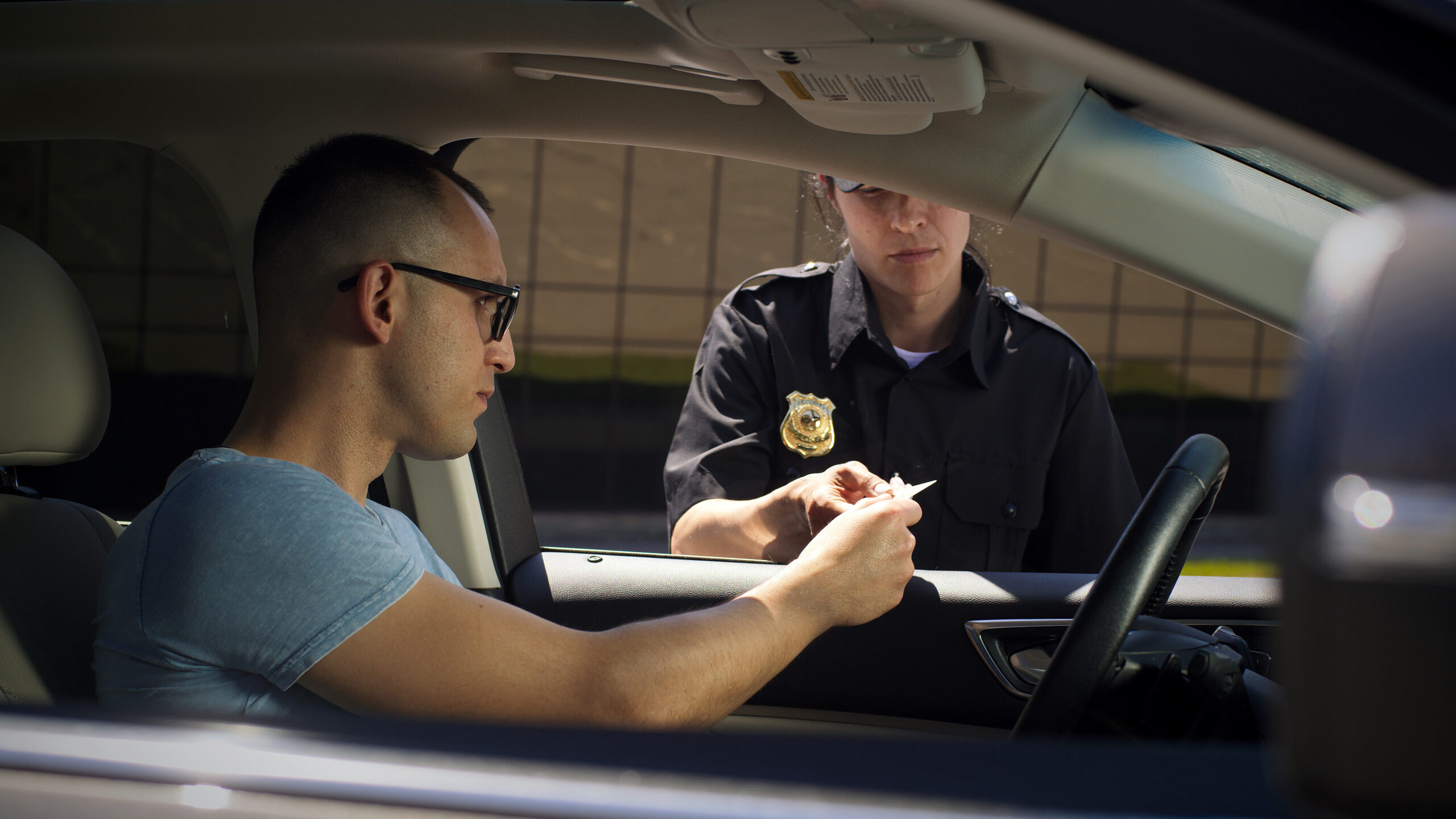Being stopped by the police can be a frightening experience. While most interactions with law enforcement are uncomplicated, it’s crucial to be aware of your rights during a traffic stop. Knowing your rights will enable you to handle the situation more effectively and be ready for any unforeseen circumstances. Please continue reading as we explore your rights during a traffic stop in New York and the importance of engaging our Suffolk County Traffic Ticket Lawyers for guidance.
What Are Your Rights During a Traffic Stop?
A traffic stop can be a stressful experience, but understanding your rights can help you navigate the situation more effectively and safeguard yourself. The following are some of the most important rights to be aware of during a traffic stop in New York:
- The Right to Remain Silent: When interacting with law enforcement, your right to remain silent is paramount. Although you are required to provide your driver’s license, registration, and proof of insurance if requested, you are not obligated to answer questions about your travel or personal activities. You can politely state that you are exercising your right to remain silent, as you are legally protected from self-incrimination.
- The Right to Refuse Consent to Search: The Fourth Amendment of the U.S. Constitution protects you from unreasonable searches and seizures. Unless an officer has a valid search warrant, reasonable suspicion, or your explicit permission, they are not permitted to search your property. You have the right to refuse a search by stating firmly that you do not consent to it.
- The Right to Know Why You Were Stopped: New York police officers are required to provide a reason for detaining you if you ask. The traffic stop must be based on reasonable suspicion of criminal activity. If the officer detains you without a specific legal justification, the detention could be unlawful.
- The Right to Ask if You Are Free to Leave: You are only required to remain at a traffic stop if you are being detained or placed under arrest. Once the officer has completed their duties, such as checking your basic identification or issuing a ticket, you have the right to ask if you are free to go. If the answer is yes, you can leave the scene. If not, the officer must have grounds to detain or arrest you.
- The Right to Refuse Field Sobriety Testing: Although refusing to submit to chemical testing can lead to driver’s license suspension and other legal consequences, you have the right to decline field sobriety tests. These tests are used to assess impairments, but they are not always reliable and cannot be used as evidence in a DWI case. If you are uncomfortable participating, you have the right to politely refuse.
To avoid disputes or issues during a traffic stop in New York, it’s crucial to understand your rights. It can make a significant difference in the outcome and help ensure fair treatment under the law. Connect with Castro & Trodden, LLC, today to learn how we can assist you.

